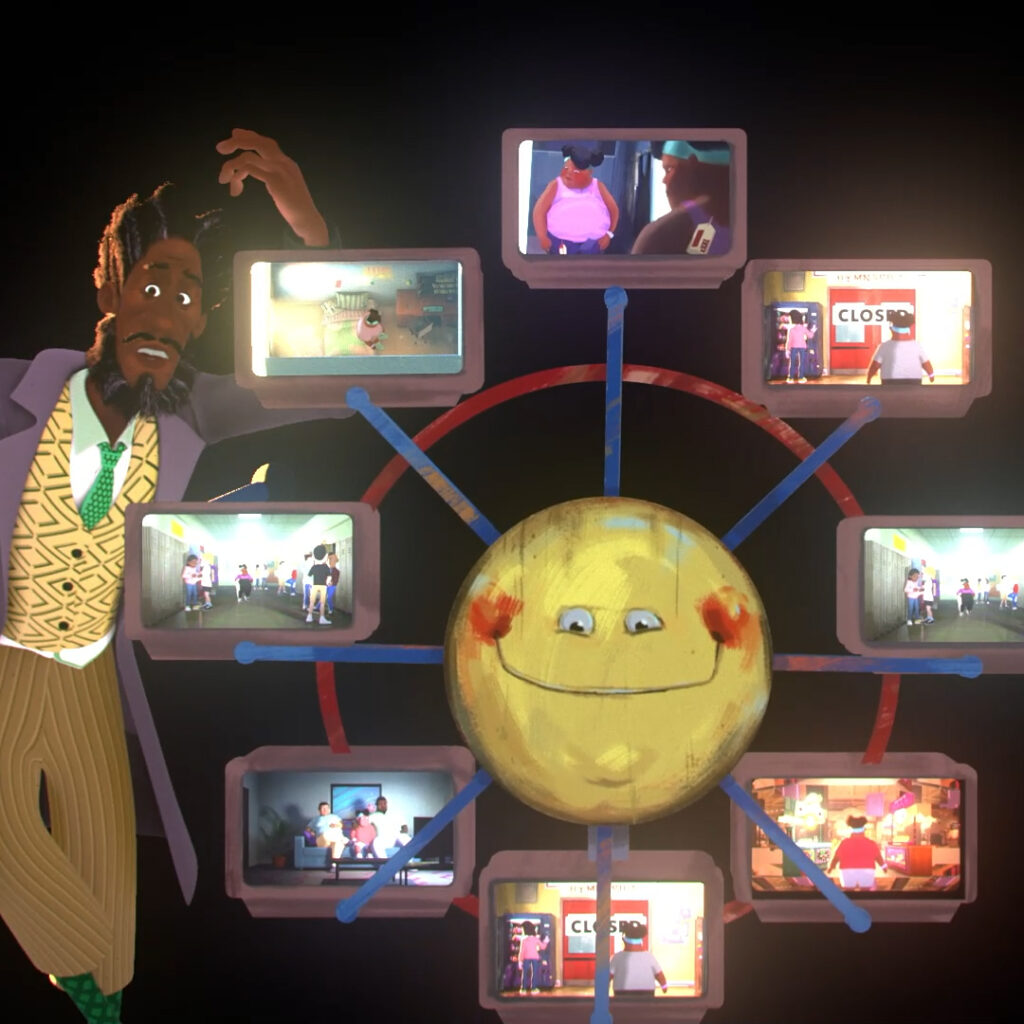When you eat in front of the television or other screen, you tend to pay less attention to what, how much and how fast you are eating. Research shows we tend to eat more when distracted, as we might eat until what we are watching is over.
Here are some recommendations for making a small shift in your eating habits.
Step One
Eat one less meal in front of the television or screen a day, including lunch. And put your phone somewhere other than where you are eating to avoid interruptions and distractions.
Step Two
Eat all of your meals without a screen on.
Step Three
Eat all of your meals sitting at a table without any screens on.






